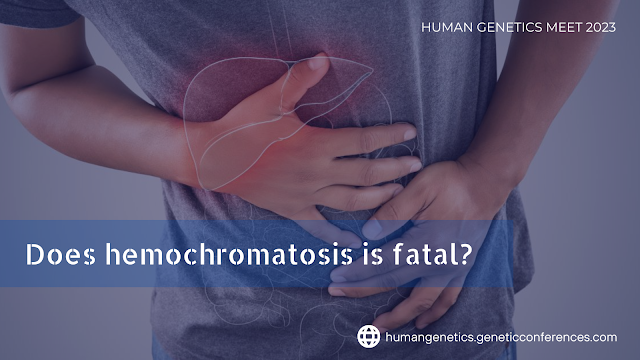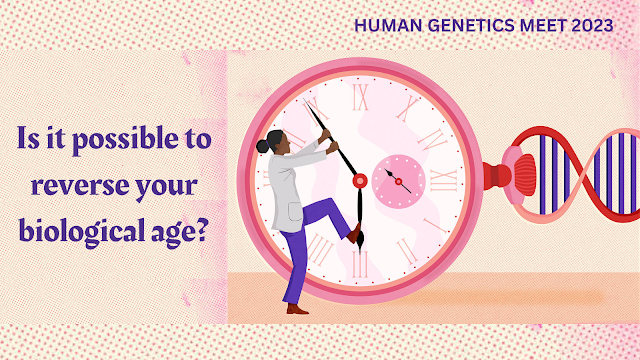Does hemochromatosis is fatal?
A defective gene that results in hemochromatosis can be passed on to a child from one's parents. The majority of instances are related to a defect in the HFE gene, which increases your capacity to absorb iron from diet. Your body normally maintains a constant quantity of iron. Too much iron is absorbed by the body as a result of hemochromatosis. Your organs, particularly the pancreas, liver, and heart, accumulate extra iron. As a result of that, liver disease, heart issues, and diabetes are just a few of the potentially fatal illnesses that can result from an excess of iron.
Common symptoms include:
Constantly feeling extremely exhausted
(fatigue), Loss of weight, weakness, achy joints, irregular or nonexistent
periods;
Food management:
Meat, fish, and poultry
all contain heme iron. The most easily absorbed type of iron by your body is in
this form. Up to 30% of the heme iron you eat is absorbed by your body.
Consuming meat often raises your iron levels much more than non-heme iron does.
The body's capacity to
absorb iron from meals and supplements is hampered by milk. Overconsumption of
cow's milk can harm the intestines in microscopic ways and result in minute
blood losses.
Treatment for
hemochromatosis:
Treatment – Phlebotomy
is the most popular kind of treatment for hereditary hemochromatosis since it
reduces the body's iron levels. Blood donation and phlebotomy both involve
drawing blood. It is typically carried out once weekly until the body's iron
levels return to normal. Iron is lost along with blood when it is lost.
Iron chelators are
medications that help your body get rid of excess iron.
Life expectancy:
If the illness is recognized and treated at an early stage, hemochromatosis does not affect life expectancy and is not likely to have a significant impact. However, if the illness is not identified until it has advanced, the elevated iron levels can affect a number of organs.

.png)

.png)
Comments
Post a Comment